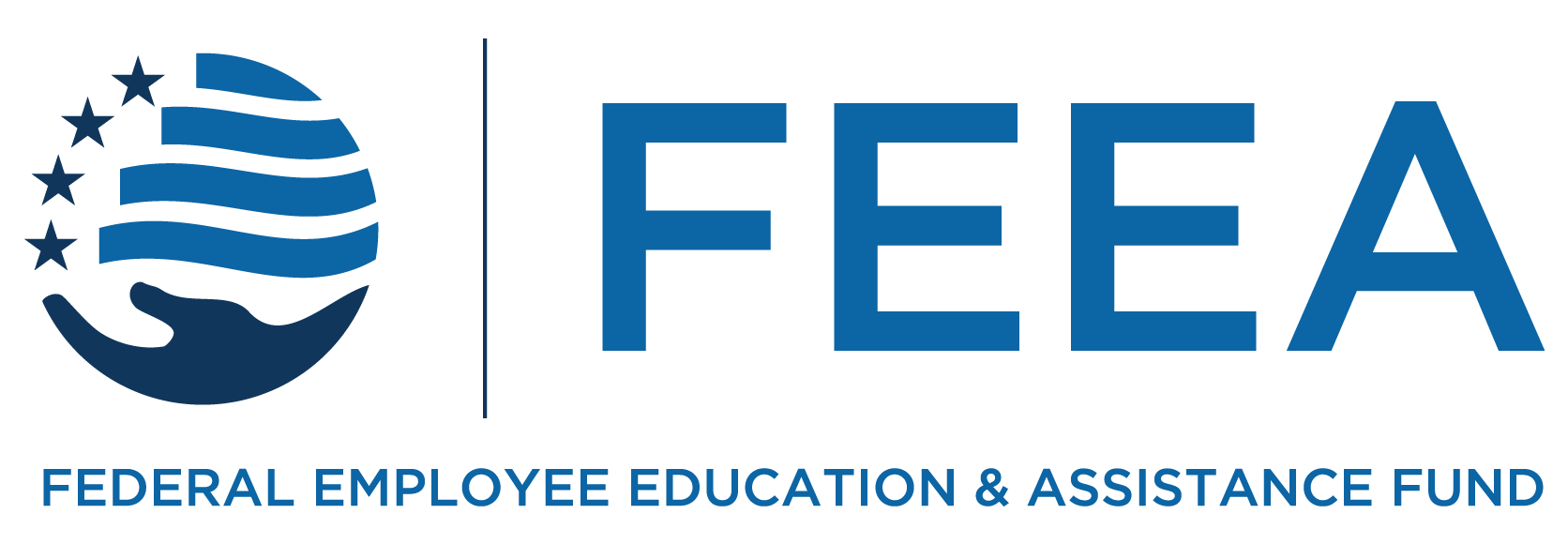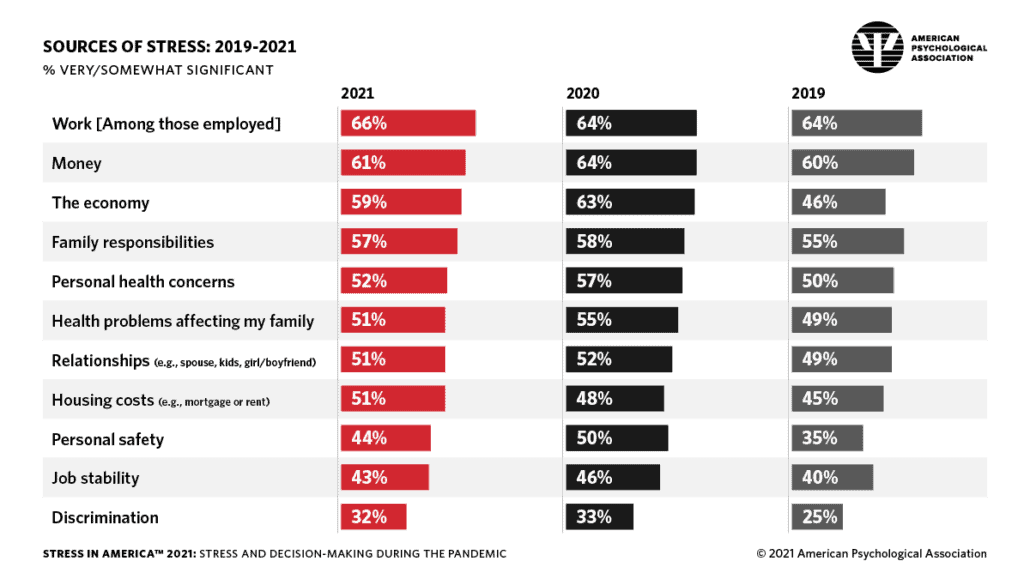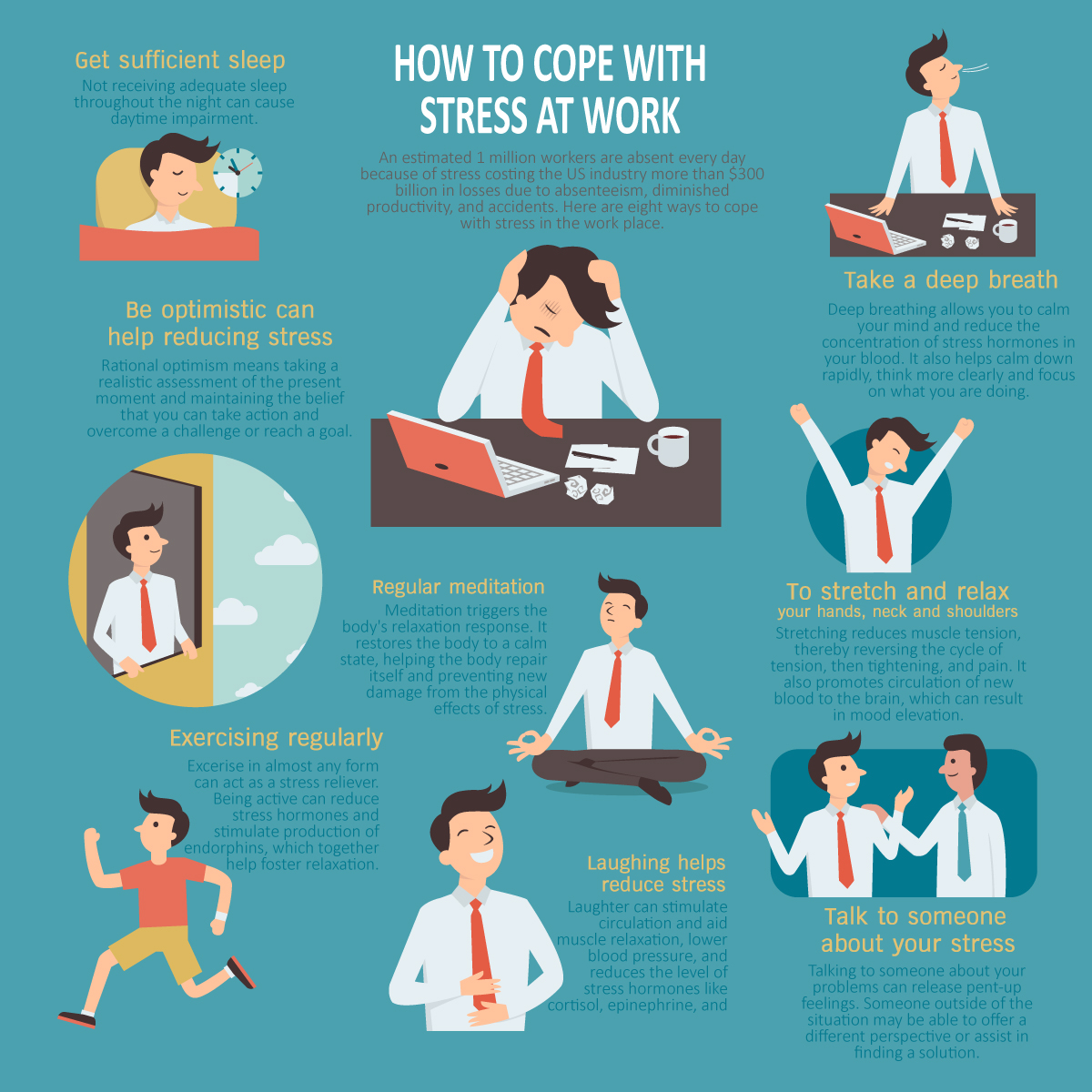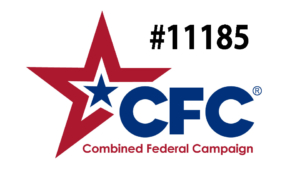National Stress Awareness Day offers an opportunity to shine a light on stress
If you are anything like me, you currently have 30 browser tabs open along with three different software platforms spread across two monitors holding together 15 priorities with rapidly changing priorities. This is my lived reality of stress that has varying levels, depending on the moment or situation.
For others, stress may extend further to include balancing both a demanding work schedule and taking care of young children or even an aging parent. Whatever causes stress in your life, you can breathe a sigh of relief in knowing that stress is a universal human experience. It feels better to not be alone, right?
While we may live with varying levels of stress every day, we probably don’t know too much about it beyond the way it makes us feel. National Stress Awareness Day aims to bring stress to the forefront to help identify and reduce the negative external stress factors in your life.
The American Psychological Association (APA) has been surveying people annually nationwide about stress since 2007. Since the survey began, various external factors negatively affecting stress levels have included economic downturns to political conflict and, most recently, pandemic related issues. In recent surveys, 77 percent of people experience stress that affects their physical health while 73 percent of people report stress that affects their mental health.
That constant feeling of stress isn’t going to subside or go away anytime soon. According to the APA’s 2021 report, stress levels remain higher than pre-pandemic levels with younger adults and parents bearing the brunt.
LET’S UNDERSTAND STRESS
Stress often has a negative connotation, but at its core, stress is any force that acts on us and requires a change.
My sister, Dr. Monica Jackman, is an Occupational Therapist who incorporates Mindfulness in her practice with children and adolescents. With a full-time job as an Occupational therapist, four kids, consultant work, and a recently published book, she might know a thing or two about the topic of stress.
“Stress forces can be perceived as a negative, such as when we have an encounter with someone who is acting aggressively, or we are given too little time to complete a task,” said Dr. Jackman. “But stress can also be perceived as positive, such as when we get a promotion that requires us to learn to learn new skills and take on added responsibilities.”
So what happens when we experience stressors in our day-to-day life?
“The stress occurs, and our bodies and minds respond to make the needed change and rebalance our systems. Stress can be a normal and healthy part of our life, because the physiological changes that happen when we feel stress–such as increased heartbeat and blood pressure, muscle tension, and overall rush of energy–are designed to be short term.”
What happens when these stresses continue long-term?
“When stress becomes chronic, we can experience strain, which is the impact on our system from repeated or long-term stress. Strain can include: irritability and anger; fatigue or low energy; lack of motivation or interest; anxiety; headaches; feeling sad or depressed; and appetite change.”
What is a Mindfulness technique we can incorporate when stress starts to take over?
“Similar to that experience of relief you get when you close all of those tabs on your browser and the screen is finally cleared you can try this mindfulness exercise. When you notice that your thoughts are racing, visualize all of your thoughts, worries, and things on your to-do list as open windows on the computer screen of your mind. One by one, visually “close out” each window until there is a blank screen, and then open up a new window for noticing the present moment.”
What are ways we can effectively manage stress?
More ways to manage stress
Need More?
If your stress does not respond to these management techniques, or if you feel that either stress or anxiety are affecting your day-to-day functioning or mood, consider talking to a mental health professional who can help you understand what you are experiencing and provide you additional coping tools.
Another good read: How Resting More Can Boost Your Productivity (Berkeley)
Subscribe to FEEA’s Newsletter
Would you like to reprint this piece in your agency human resource, federal employee association, or union local newsletter? You can do so at no cost by contacting admin@feea.org with your request.
The information provided in this piece is for your convenience and informational purposes only and not to be construed as professional advice. FEEA and its coauthors and sponsors are not liable for any losses or damages related to actions or failure to act with regard to the content in this piece.






